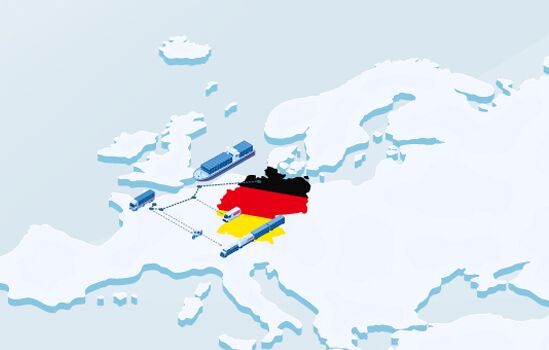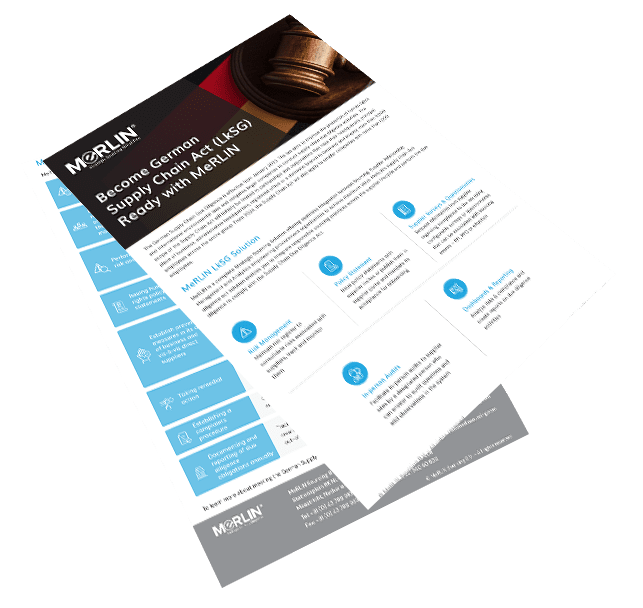- Solutions
Solutions
-
Category Management
Create, Manage and Map Categories
-
Analytics
Analytics, Reports, Dashboards, Cubes and much more
-
Supplier Relationship Management
Register, Onboard and Manage Suppliers
-
German Supply Chain Due
Diligence Act (LkSG)Achieve LkSG compliance with MeRLIN
-
Contract Management
Never miss a critical contractual milestone
-
eProcurement
Streamline P2P processes with Workflows, Awards, POs, Supply Management & Receiving
-
Strategic Sourcing
Manage the Complete Lifecycle from RFx to Sourcing
-
Strategic Project Management
Enable Sourcing Strategy Execution by Creating, Managing and Reviewing Projects with Multiple Stakeholders
-
- Industry
- Use Cases
Use Cases
-
Direct Sourcing
Engineering Collaboration, PLM, ERP Integration, Demand Consolidation
-
Spend Rationalization
Deep Dive into Spend Patterns for Greater Savings
-
Research and Development
End to End Solution for R & D establishments
-
Contract Lifecycle Management
Complete Lifecycle Management of Contracts - Creation, Authoring, E-Signature and Contract Milestones
-
Procurement Digitization
Comprehensive Source to Procure Solution
-
Procurement Audits
Analyse Cost, Spend, Suppliers etc. Create Custom Reports & Dashboards
-
Supplier Lifecycle Management
Analyse Cost, Spend, Suppliers etc. Create Custom Reports & Dashboards
-
eAuction Software
Drive Cost Savings & User Adoption
-
- Resources
- Partners
- Company














